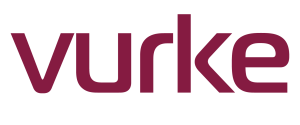Fortifying Healthcare Data: Security in Remote HR Operations
The healthcare industry is undergoing a significant transformation, driven by the rapid adoption of remote work models and digital technologies. As organizations embrace Remote HR practices, they encounter new challenges in safeguarding sensitive employee and patient information. In an era where data breaches are increasingly sophisticated, ensuring HR data security has become paramount.
The Impact of Remote Work on HR Data Security
Remote work has redefined traditional HR operations, offering flexibility and access to a global talent pool. However, it also exposes organizations to potential security vulnerabilities. The shift to remote talent solutions means that sensitive HR data is transmitted and stored across various platforms and devices, increasing the risk of unauthorized access.
In healthcare human resources, the stakes are even higher. HR departments handle not only employee data but also information that could indirectly affect patient care. A breach in HR data can lead to severe legal consequences and erode trust among employees and patients alike.
Challenges in HR Data Security for Healthcare
The healthcare sector is a prime target for cyberattacks due to the wealth of personal and medical information it holds. HR departments must navigate complex regulations like HIPAA, which mandates strict compliance in handling healthcare information. The integration of Remote HR Management adds another layer of complexity, as data must be secured across disparate locations and networks.
Strategies for Enhancing Data Security in Remote HR
To address these challenges, healthcare organizations should adopt a multifaceted approach to data security:
Vurke’s Role in Strengthening HR Data Security
As a leader in outsourcing services, Vurke offers tailored solutions to address the unique challenges of HR data security in the healthcare sector. By providing specialized Remote HR Management and IT Support, Vurke enables organizations to protect sensitive information while optimizing HR operations.
Vurke’s staff augmentation services allow healthcare providers to integrate cybersecurity experts into their teams seamlessly. This approach ensures that HR data security measures are robust, up-to-date, and compliant with all regulatory requirements.
Through its comprehensive suite of outsourced HR services, Vurke empowers organizations to focus on delivering exceptional patient care, confident that their HR data is secure and well-managed.
Conclusion
The intersection of remote work and healthcare human resources presents both opportunities and challenges. By proactively addressing HR data security, organizations can reap the benefits of remote talent solutions and staff augmentation without compromising sensitive information.
Investing in advanced security strategies and partnering with experienced providers like Vurke can make a significant difference in safeguarding data. In a landscape where the implications of a breach are profound, taking decisive action to protect HR information is not just prudent—it’s essential.



